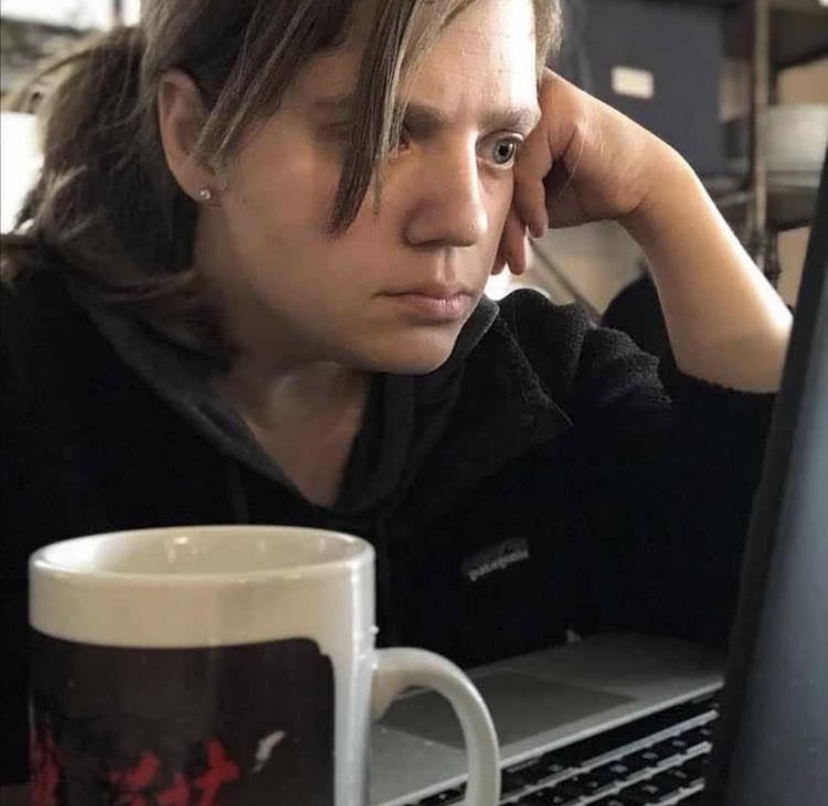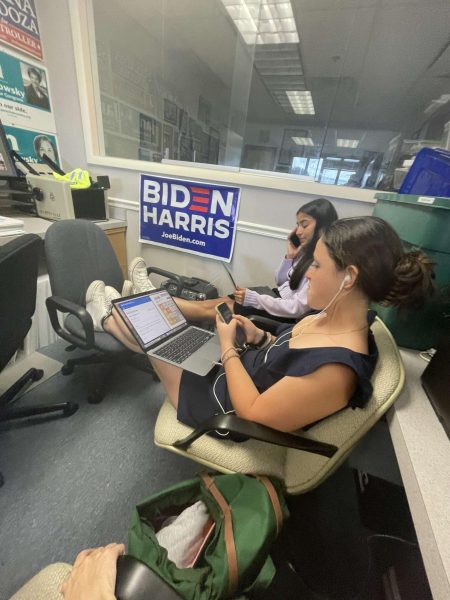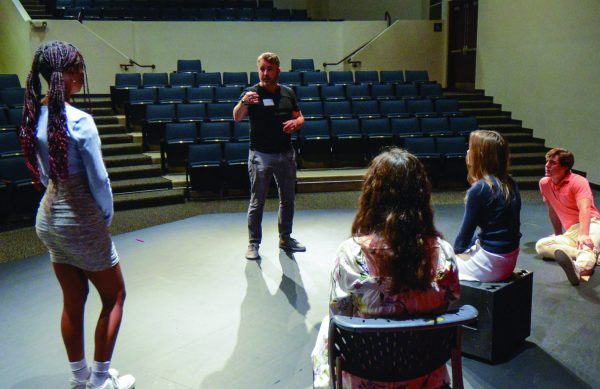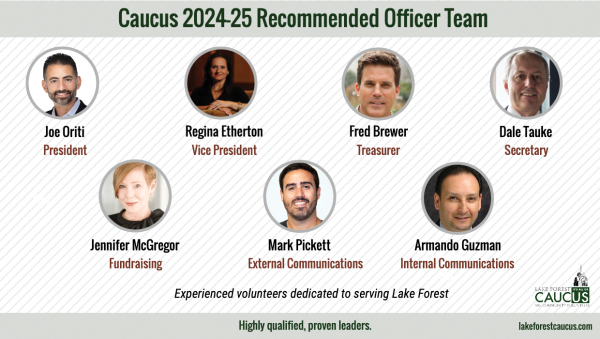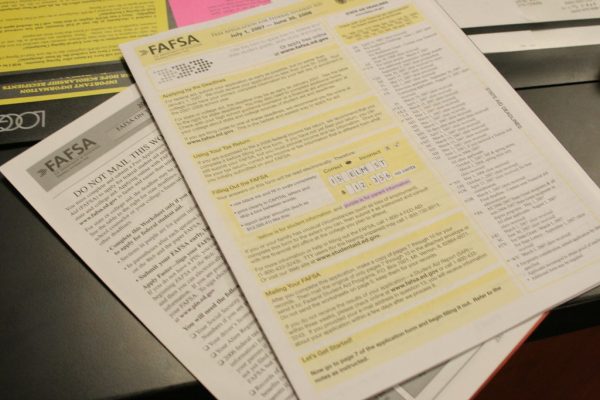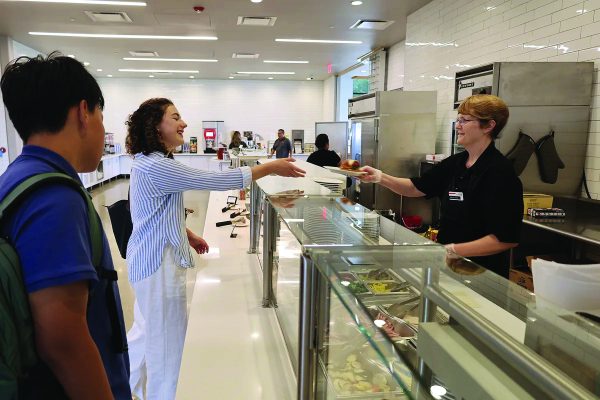The LFA community responds to e-learning
Photo by Lake Forest Academy's Instagram
Amanda Krause teaches her students from home.
December 11, 2020
Since early September, COVID-19 cases have been on the rise within the U.S. With winter right around the corner, schools are putting their best efforts into avoiding rising case numbers by turning their classes virtual. Even with many schools in a virtual or hybrid environment, COVID-19 cases have continued to grow within Cook and Lake County.
Lake Forest Academy has been learning in person leading up to Thanksgiving break, except for one week, when the Cook County Health Department recommended schools go virtual. This recommendation was due to a heavy spike in Coronavirus in cases in Cook County. After COVID-19 testing and a week of virtual schooling, LFA decided it was best for the community to return to in person classes. Other local schools such as Lake Forest High School, were struggling to follow orders, and forced to go virtual.
Lake Forest Academy will spend a few weeks in person after Thanksgiving break and then will continue to learn virtually until the end of January.
While online classes may have their benefits, they also have many drawbacks. Learning can be challenging depending on the environment. Amanda Krause, English Teacher and Journalism Program Coordinator, says “some classes just can’t function in a normal way.” Many students require hands-on activities to learn, which may not be available at home. She also says “assessment is definitely the largest struggle with remote students.” Student assessment has become difficult since students are in an environment that makes it easy for them to cheat, and teachers are finding themselves cold calling students more often as student participation has decreased.
As teachers begin to prepare for E-learning, they started to realize how important in person schooling is, not only for a students’ academic needs, but also their social needs. Tameka Carter, Assistant Dean of Pluralism and Multicultural Affairs and Modern and Classical Languages Teacher, says “we feel good when we’re together.” The community built at LFA comes together to help one another in times of need. When students are brought together in a classroom, Carter says “we generally feel happy.” One of online schools’ many drawbacks, is the lack of community, which is usually built within a classroom. Students aren’t able to build that sense of community when they are limited to their home, and a screen.
Mazin Awada, High School Sophomore, says “E-learning in the spring was a good learning experience for teachers and students but E-learning this upcoming winter seems more serious and planned.” A majority of the community at LFA had their first experience with virtual classes last spring, which made spring E-learning seem like a trial for the upcoming winter E-learning. Winter E-learning, given its better planning, is expected to be more serious and academically focused. A less relaxed E-learning may put stress on students and faculty to perform at a higher level in more difficult circumstances.
Although students and faculty alike would much prefer in person schooling, online classes ensure the safety and health of everyone on campus.

